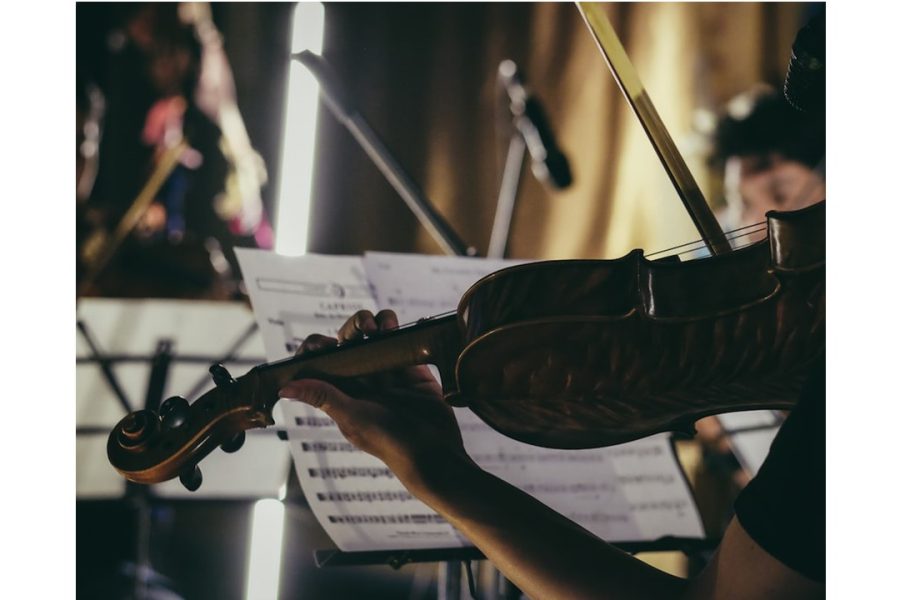If you have ever tried to learn to play a musical instrument, these two words will have a particular meaning for you. When I was a child they meant toorrtuurreee!!!
Ever since before I can remember, I wanted to play the violin It was who I was, and I was lucky. I grew up in the 1970s and ‘80s, the golden age of youth music provision in the UK, when at 8 years old pretty much anyone got the chance to learn pretty much any instrument they wanted for free. So I did. I learned the violin.
I learned it because I wanted to be brilliant – to ascend like a lark, to sit in a symphony orchestra and make an audience gasp. But I wanted to learn because I wanted to play it, not because I wanted to practise it! It was a bit of a shock to discover that learning mostly involved making scraping noises like a rusty gate, and sitting at the back of the Junior Strings wondering which bar we were on. I kept on with it, though I rarely managed the twenty minutes practice a day we were supposed to do because it was so boring and so disheartening, trying and trying and not even being able to get Merrily We Roll Along right. But sometimes, often, I wondered if I ever would get to soar like a lark.
I’m glad I didn’t quit, because some of the most fun I’ve had in my life, and some of the most important things I’ve learned, happened in the Cumbria Youth Orchestra. I joined in 1982 and sat at the back of the viola section (I changed to viola, unexpectedly, aged 11, but that’s a story for another day) playing about one note in four of Tchaikowsky’s second symphony, unable to imagine what it could be like to be able to play the fast bits. By the time I left in 1987 I was leader of the section, helping the ones at the back with their fingering.
But it wasn’t until my final year at university that I truly got scales. I wasn’t studying music and my hour of practice every day was a haven when I didn’t think about anything else. Playing scales, long and slow, had become a way of listening to myself, tuning in to where I was that day, connecting.
It has taken me a VERY long time to realise that I can apply this to my writing, and making the connection a couple of years ago has been game-changing. It has changed how I write. I have realised that sitting down at the desk and expecting writing to happen isn’t always helpful. In fact it’s pretty amateurish. The great music maestros always begin their daily practice with scales and exercises, just like the beginners. Writing muscles, too, need to be loved and nurtured into action, so I now do something I call scales every day, even non-writing days. Scales is a page of writing that comes from a prompt, and sometimes it can lead to some good, meaty stuff, but sometimes it doesn’t. What it always does, though, is set the synapses going, make me connect with where I am and what’s going on in my mind, just like playing scales on my viola. It makes me attend.
The other thing that is game-changingly helpful is to remember that all of writing, all of creative endeavour, is practice. Some people are spectacularly good, some soar, and at moments I might even find my feet hovering above the ground, but that gap between what we are aiming for and what we are doing is always there; it’s the space we inhabit. Worrying about how far away we might be from our goal lessens our capacity to navigate that space. I see all of my writing work now as practice, which means that the kinds of questions I ask about it don’t need to be how good is this? Or how far am I from where I need to be? – or at least, I only have to ask those questions occasionally. The questions I ask much more often are what am I learning? Or what can I do next with this? And these are questions that are much more useful to me and to the people I meet and work with.
And just like that, scales are brilliant and amazing and fun and not torture at all.
